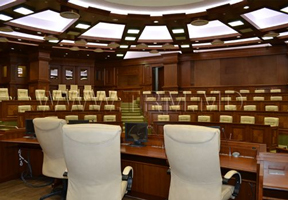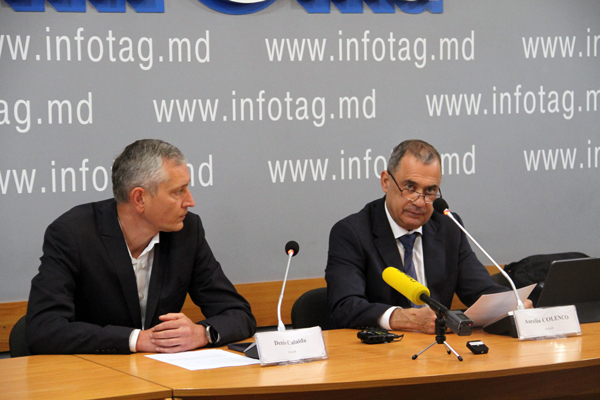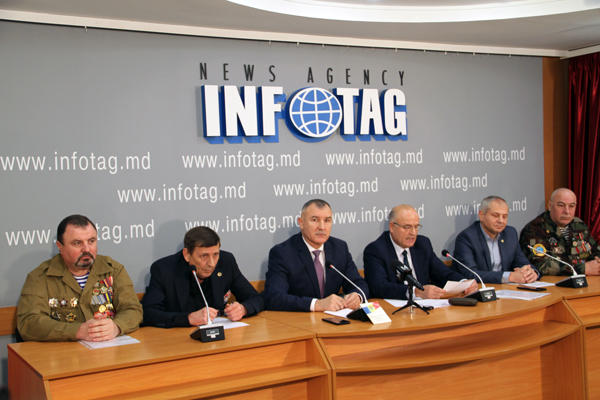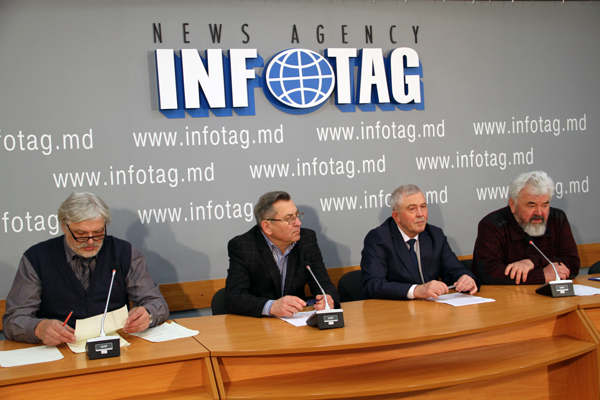Politics
THREE PRO-EUROPEAN PARTIES RECEIVE MAJORITY IN NEW MOLDOVAN PARLIAMENT

Three pro-European political parties will receive in the future Parliament of Moldova a little more mandates than two opposition organizations, as per the preliminary results of the November 30 parliamentary elections, which the Moldovan Central Election Commission (CEC) announced upon processing of 87.7% election protocols received from polling stations.
According to these results, two parties that were in the previous ruling Coalition for Pro-European Governance (CEG) have received over 35% votes, namely the Liberal Democratic Party – 19.3% and the Democratic Party – 15.76%. The third pro-European force, the Liberal Party, will have a faction in the new parliament, too, upon polling 9.38% ballots.
Contrary to all opinion polls and forecasts, the continuing vote count is being led by the most pro-Russian force – the Party of Socialists of the Republic of Moldova (PSRM), which has won 21.6%. The Socialists have thus taken over many of the ballots which, according to many expectations, must have gone to the Communist, who had maintained lead in absolutely all pre-election opinion polls and researches. The Communist Party (MCP) has received only 17.83%. Analysts are now saying that the chief reason of such a mediocre achievement is the “Russian factor”.
Director of the www.ava.md informational-analytical portal, Chisinau political scientist Vitaly Andrievsky said to Infotag, “The Communists did not speak clearly concerning their or Moldova’s orientation to Russia. During the election campaign, they changed several times their position with regard to the European Union and to the Customs Union [of Russia, Belarus and Kazakhstan]. As for the Socialists, they were positioning themselves firmly – from the campaign beginning to the voting day – as a pro-Russia party. Throughout the election campaign, they were frequenting Moscow, and actively using in canvassing the photograph of the PSRM leaders Igor Dodon and Zinaida Grechanaya talking in the Kremlin with Russian President Vladimir Putin”.
In his opinion, the said three pro-European parties will eventually strike a bargain and form ‘a new old’ governing coalition.
“Their negotiations will be hard because the Liberals left the previous ruling coalition in 2013. Nevertheless, they will reach an agreement, though the new alliance will be quite shaky”, said Vitaly Andrievsky.
He presumes as quite possible the cooperation between the right coalition with the left Communist Party, whose leader Vladimir Voronin is refusing even to talk about whatever cooperation with the Socialists, who have left the Communist Party in previous several years, so they are but traitors, according to Voronin’s logic.
The expert underlined also that the Left-wing sector failed to agree upon cooperation. As a result, this discord has led to fractionalization of the Left electorate and to a loss of votes. Thus, the Communist Party of Reformists of Moldova (CPRM), which split away from the MCP in early 2014, has polled about 5%, the voting bloc “Moldova’s Choice for the Customs Union” – nearly 4%. According to the Moldovan electoral legislation, the percentage of the parties that have failed to clear the 6% electoral threshold to parliament will be divided between parties that have passed to the Parliament.
After redistribution of the ballots polled by the above parties, the said three pro-European parties may receive 57-58 mandates in the 101-member Parliament of Moldova, and the two Left parties – 43-44.
Over 62.8 thousand ballot-papers were recognized as void. Such a large number is explained with the fact that Renato Usatii, whose Patria Party was excluded from the elections two days before the voting, called upon his supporters to all the same put their ink stamps on the Patria line in the ballot-paper. Accordingly, all such ballots automatically became spoiled.
According to the law, the Central Election Commission has 5 days at its disposal for drawing up final results of the elections. Within 48 hours since the final results presentation, the CEC must submit to the Constitutional Court its documents with voting results, lists of elected parliament deputies and reserve candidates.
Within 10 days since document submission by the CEC, the Constitutional Court must issue its conclusion on whether the elections were held in compliance with the law or not. If yes, the Constitutional Court recognizes as valid the mandates of elected deputies and confirms the lists of reserve candidates. If an election is recognized valid, the Central Election Commission issues appropriate certificates to the new elected parliamentarians – deputy cards.
President of Moldova then signs a Decree on convening the new Parliament, whose first plenary meeting must be held not later than 30 days after the election date.
























Add Comment